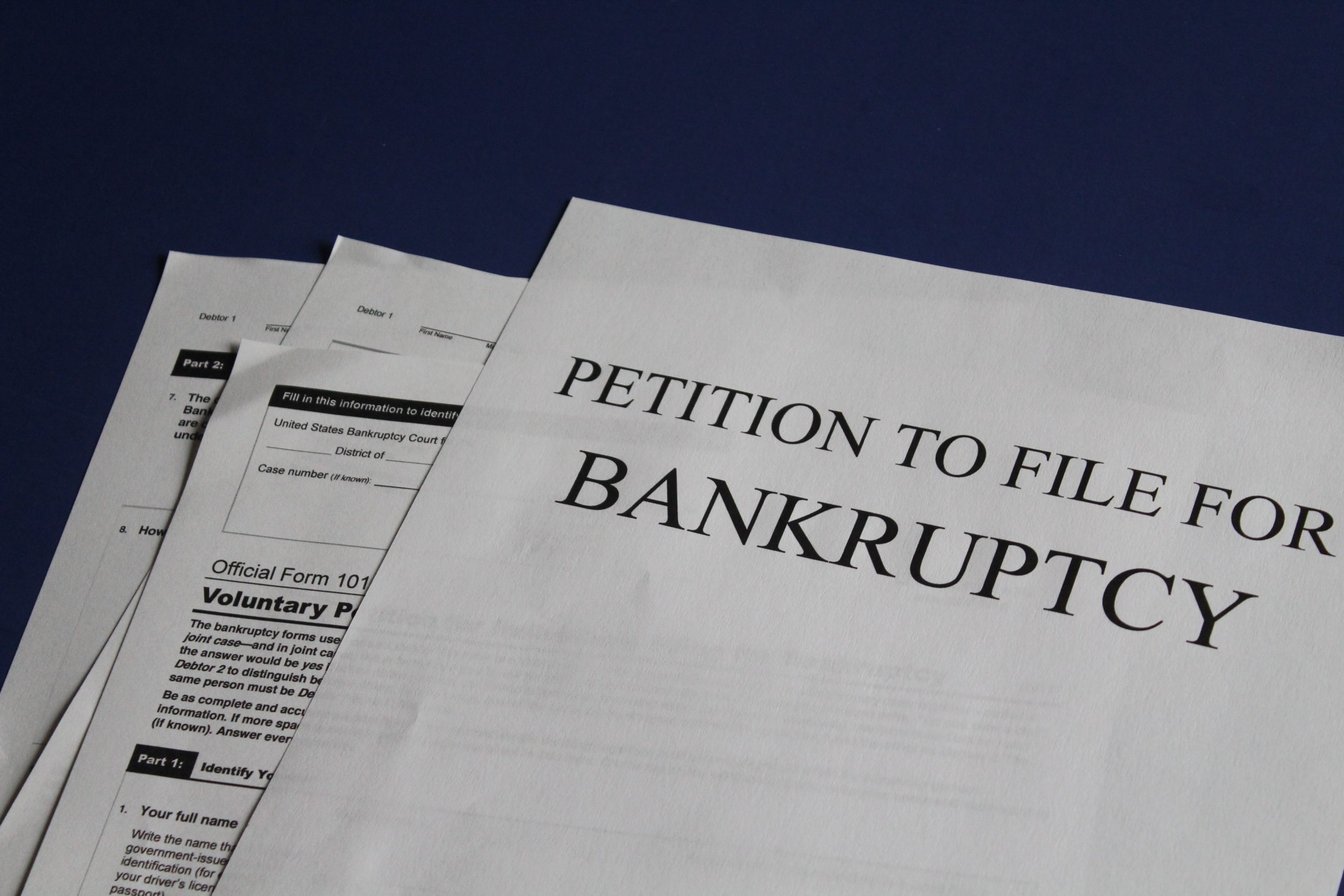Can You File for Bankruptcy to Avoid Defaulting on Your Student Loan in Pennsylvania?
For many people in Pennsylvania, the student loan crisis is real. Their monthly mortgage, rent, utilities, and other necessary expenses are difficult to pay because of their student loan payments. Bankruptcy provides people drowning in debt relief and protection under the federal Bankruptcy Code. Unfortunately, discharging student loan debt is almost impossible. However, this does not mean that filing for bankruptcy is not helpful.
When you file for bankruptcy, a legal wall goes up between you and your creditors, protecting you from everything from collection letters to wage garnishments. This protection expends to your student loan lenders. While you might not be able to discharge your student loan debt, you could avoid defaulting on your payments. Filing for bankruptcy could still give you much-needed breathing room if you are struggling with student loan payments.
Bankruptcy is a tool. To use it properly, you need our experienced Philadelphia bankruptcy attorneys working alongside you. At Young, Marr, Mallis & Associates, we understand the pressure and stress associated with student loans. Call (215) 701-6519 to discuss the options bankruptcy offers.
Bankruptcy and Student Loans in Pennsylvania
When people think about filing for bankruptcy, they imagine eliminating their debt without paying anyone back. In some situations, this is possible through a Chapter 7 case. Chapter 7 was designed to help people with limited income and resources discharge unsecured debt. Unfortunately, student loans are very difficult, if not impossible, to discharge.
Therefore, a Chapter 7 bankruptcy only offers limited relief. If you cannot discharge your student loan debt, you will only have around five or six months of respite. Once your bankruptcy case is closed, you will have to start paying your student loan again. Hopefully, if you discharge enough unsecured debt, your student loan payment might be more manageable.
Chapter 13 offers people struggling with student loan debt another option.
How Chapter 13 Works in Pennsylvania
The first thing to review is how Chapter 13 works. In a Chapter 13 case, a debtor will reorganize their debt, paying their creditors back over three to five years. How much a debtor has to pay and who is paid depends on several factors, including the debtor’s income and assets and the type of debt. Typically, only two types of debts must be repaid in a Chapter 13 case. The first is a priority debt, which includes certain taxes. The second is secured debt, if the debtor wants to keep the secured collateral. For instance, many people file Chapter 13 to pay back past-due mortgage payments.
Everything else, including student loan debt, is considered unsecured debt. If you do not have priority or secured debt, the bankruptcy payment is determined by the means test, the available disposable income, or the difference between your monthly income and reasonable and necessary expenses.
Student Loans and Below-Median Chapter 13 Pennsylvania Debtors
If your monthly household income is below the state median, you are considered a below-median debtor. This means that you would normally qualify for a Chapter 7 case. However, you are still permitted to file Chapter 13. Your bankruptcy plan payment will be based on the difference between your monthly income and your reasonable and necessary expenses.
To illustrate how this helps with a student loan payment, imagine a person has an $800 monthly student loan payment. They file for bankruptcy before they default on the loan. Because of the protections provided under the Bankruptcy Code, they are not required to make monthly payments to their lender while the case is in progress. The debtor is also below-median. When their income and expenses are calculated, they show an available $175 a month. Therefore, for the next five years, they will pay $175 under their bankruptcy plan. A portion of this amount will go to their student loan lender, along with any other unsecured creditors. While the loan will survive bankruptcy, the debtor will have five years to improve their financial condition.
Student Loans and Above-Median Chapter 13 Pennsylvania Debtors
If you are an above-median debtor, you would not qualify for Chapter 7. The means test will determine the amount you will have to pay to your unsecured creditors. The test is a computation that looks at your household income for the previous six months, some of your actual expenses, and some additional IRS standard allowable deductions. Once calculated, the means test will give our Pennsylvania bankruptcy lawyers your disposable income. This amount must be paid to your unsecured creditors.
Returning to the previous example, the individual with the $800 student loan payment has a total household income that is above-median. Once the means test is completed in its entirety, the disposable income is $350. The debtor will now have to pay $350 a month to unsecured creditors, plus any additional amount necessary to cover the trustee’s fee and any outstanding attorney fees. Despite the higher amount, it is still significantly less than the $800 payment that was necessary before filing.
Chapter 13 will not eliminate your student loan. However, it will allow you to avoid defaulting on the loan and allow you to manage your payments for five years.
Our Pennsylvania Bankruptcy Attorneys Will Help You Manage Your Student Loan Debt
Bankruptcy allows people to discharge debts. It also allows people to pay their creditors through a Chapter 13 bankruptcy plan. In some cases, filing for bankruptcy allows people to manage unmanageable payments. In the case of student loans, filing for bankruptcy could offer an individual the means to avoid defaulting on their loan while lowering their monthly payment for five years. To discuss ways bankruptcy could work for you, call the Norristown bankruptcy lawyers at Young, Marr, Mallis & Associates at (215) 701-6519.






























